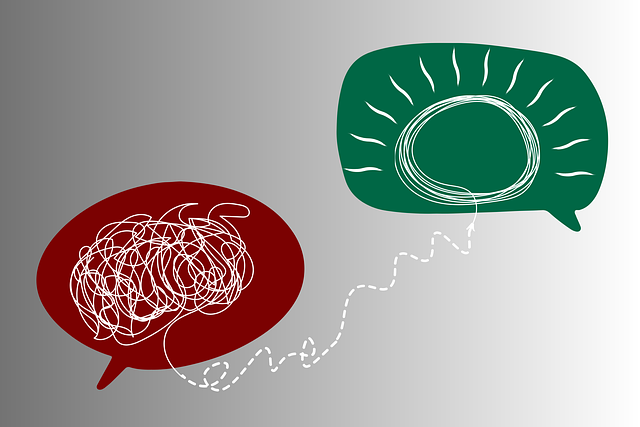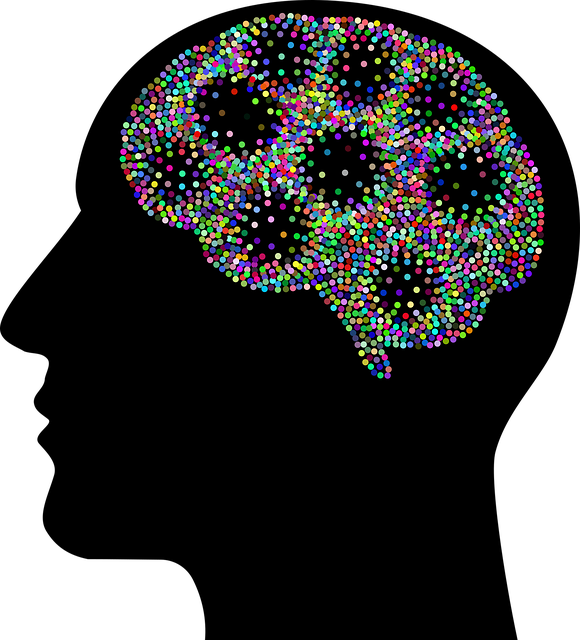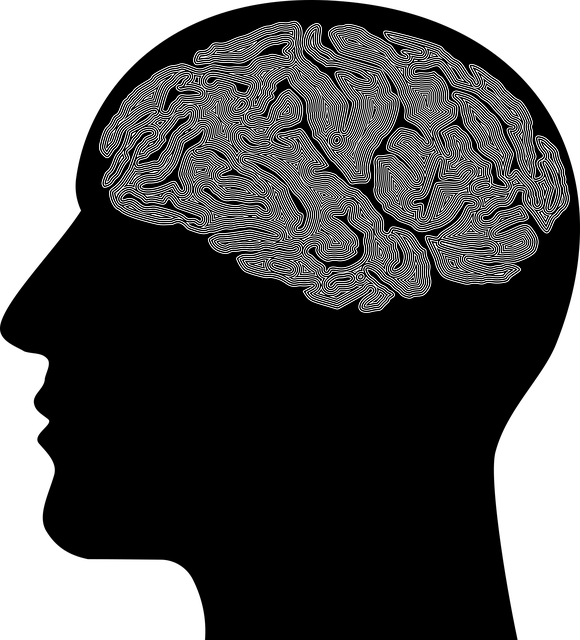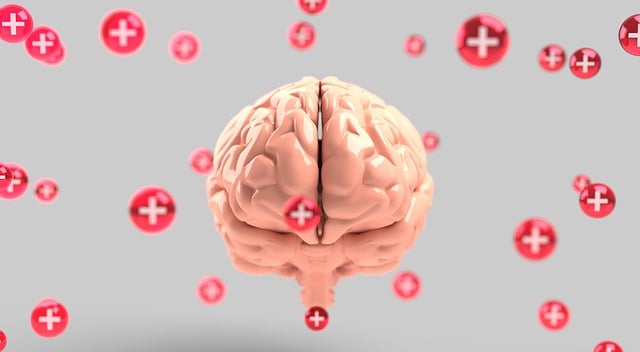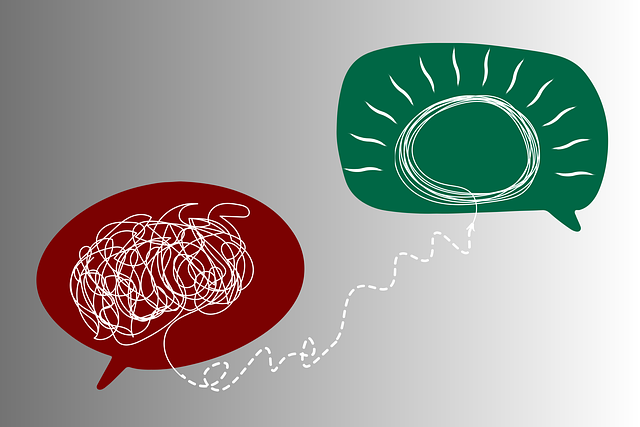Social Skills Training (SST), tailored for individuals with Westminster Autism Spectrum Disorder (ASD) therapy, is an effective therapeutic approach that teaches practical social skills to enhance communication, empathy, and relationship building. This evidence-based method goes beyond traditional talk therapy by providing clients with tools to manage daily social situations, improving their well-being and quality of life. Through role-playing, real-life practice, crisis intervention guidance, and emotional intelligence development, Westminster ASD Therapy prepares individuals for meaningful social interactions while advocating for their voices in mental health policy analysis. The holistic approach leads to improved mental health outcomes and empowers clients to navigate social situations confidently.
Social skills training is a powerful tool for individuals navigating mental health conditions, offering a unique approach to enhancing interpersonal interactions. This article explores the concept, delving into ‘Westminster Autism Spectrum Disorder Therapy’ as a leading example of how structured training can revolutionize support. We’ll uncover the benefits for various mental health disorders, examine specific strategies employed, and provide insights into how this therapeutic method fosters better social integration and improved well-being.
- Understanding Social Skills Training
- The Role of Westminster Autism Spectrum Disorder Therapy
- Benefits for Mental Health Conditions
- Strategies and Techniques Employed
Understanding Social Skills Training

Social Skills Training (SST) is a therapeutic approach designed to help individuals with mental health conditions, such as Westminster Autism Spectrum Disorder (ASD) Therapy clients, navigate and improve their interactions with others. SST focuses on teaching practical social skills that facilitate better communication, empathy, and relationship building. This evidence-based method goes beyond traditional talk therapy by equipping individuals with the tools to manage daily social situations, enhancing their overall well-being and quality of life.
By integrating SST into mental health education programs, clients gain crisis intervention guidance to handle social challenges effectively. It promotes emotional intelligence, fostering an understanding of one’s own emotions and those of others. This skill set is particularly beneficial for individuals with ASD who often struggle with social cues and communication. Through role-playing and real-life practice, SST allows participants to learn and apply strategies tailored to their unique needs, preparing them to engage in meaningful social exchanges.
The Role of Westminster Autism Spectrum Disorder Therapy

Westminster Autism Spectrum Disorder (ASD) Therapy plays a pivotal role in enhancing social skills among individuals with ASD, contributing significantly to their overall well-being and integration into society. This specialized therapy focuses on the unique challenges faced by those on the autism spectrum, offering tailored strategies for effective communication and interaction. By fostering cultural sensitivity within mental healthcare practice, it ensures that every client receives personalized support, acknowledging the diverse needs of different cultural backgrounds.
Through comprehensive programs, Westminster ASD Therapy facilitates the development of coping skills, empowering individuals to navigate social situations with greater confidence. Their expert therapists employ evidence-based practices to address core social deficits, promoting inclusive participation in community activities and enhancing relationships. This holistic approach not only improves mental health outcomes but also encourages advocacy, ensuring that the voices of individuals with ASD are heard within the broader mental health policy analysis and advocacy landscape.
Benefits for Mental Health Conditions

Social skills training offers a multitude of benefits for individuals navigating mental health conditions, such as those on the Westminster Autism Spectrum Disorder (ASD) spectrum. By focusing on developing inner strength and emotional regulation through interactive therapy sessions, individuals can learn to manage their responses to social cues more effectively. This, in turn, fosters positive thinking and enhances their ability to engage in meaningful interactions with others.
Through these training programs, participants gain valuable tools to navigate social situations with increased confidence and self-awareness. They learn to decipher subtle social signals, improve their active listening skills, and respond appropriately—all of which contribute to better mental well-being. Moreover, the development of emotional regulation techniques empowers individuals to cope with stressors more adaptively, leading to improved overall mental health and quality of life.
Strategies and Techniques Employed

Social skills training for individuals with mental health conditions, such as Westminster Autism Spectrum Disorder Therapy, employs a range of evidence-based strategies and techniques to enhance communication, interaction, and overall mental wellness. These programs often focus on developing emotional intelligence, which involves recognizing and managing one’s own emotions as well as understanding and responding appropriately to others’ feelings.
One effective approach is incorporating mindfulness meditation practices into therapy sessions. This helps individuals cultivate present-moment awareness, reduce anxiety, and improve their ability to regulate emotions during social interactions. By combining these techniques with traditional therapy methods, professionals aim to empower clients to navigate social situations more confidently, fostering better relationships and enhancing their overall mental health.
Social skills training, as offered by specialized programs like Westminster Autism Spectrum Disorder Therapy, plays a pivotal role in enhancing mental health for individuals across various conditions. By employing evidence-based strategies and techniques, these programs empower participants to navigate social interactions with greater confidence and ease. The benefits are far-reaching, improving not only social connectivity but also boosting self-esteem and overall well-being. For those seeking to optimize their social functioning and mental health, Westminster Autism Spectrum Disorder Therapy stands out as a valuable resource, offering a supportive environment for growth and development.
